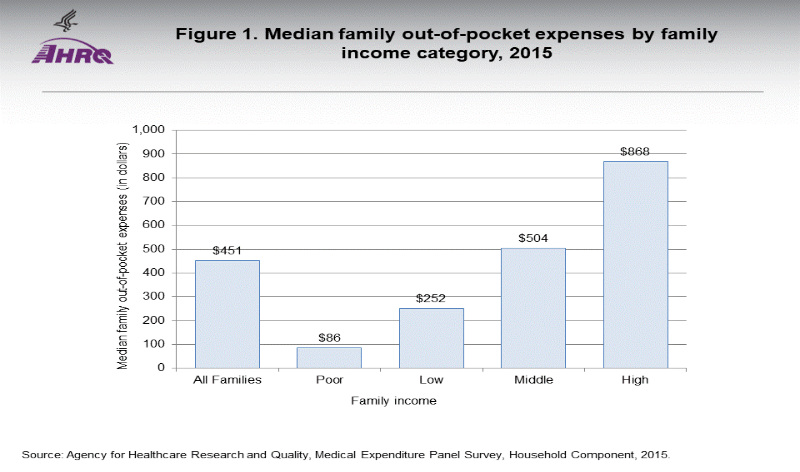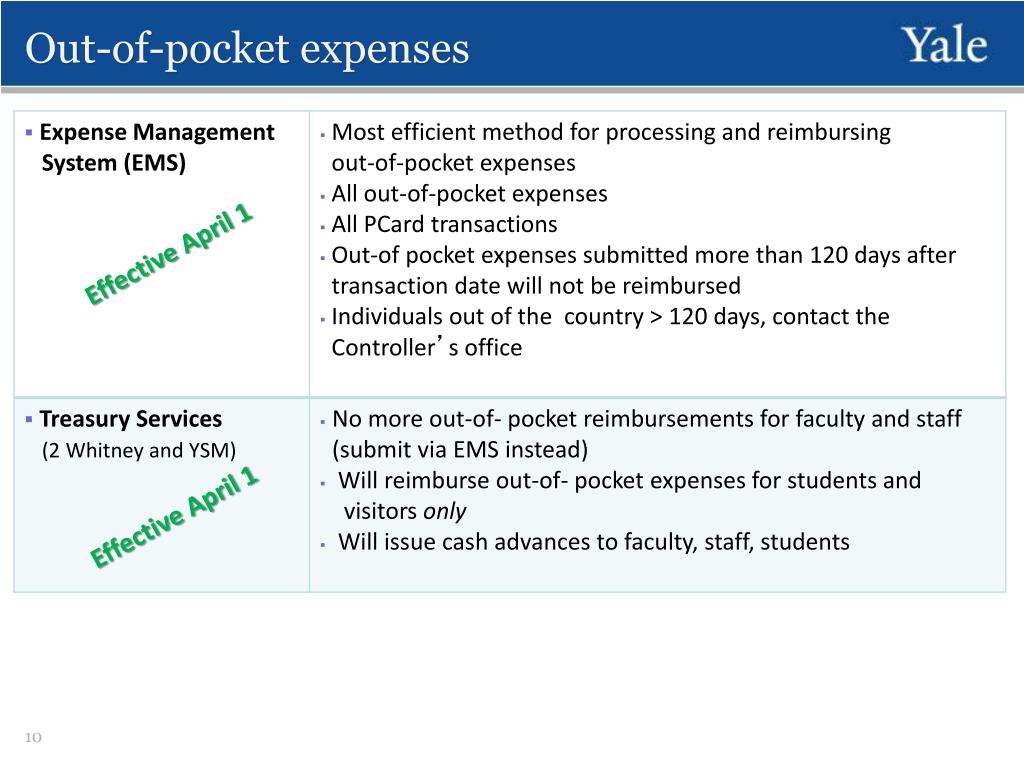
World Health Organization National Health Account database (supplemented by country data. Explicit costs are out-of-pocket costs for a firmfor example, payments for wages and salaries, rent, or materials. For example: If you have a 8,000 deductible, that.
#Out of pocket expenses definition plus
Economic profit is total revenues minus total costsexplicit plus implicit costs. These out-of-pocket expenses include prescriptions, sick visits, hospital stays, and medical procedures.

It is a part of private health expenditure. Out-of-pocket health expenditure ( of total expenditure on health) Out of pocket expenditure is any direct outlay by households, including gratuities and. Accounting profit is the total revenues minus explicit costs, including depreciation. Out of pocket expenditure is any direct outlay by households, including gratuities and in-kind payments, to health practitioners and suppliers of pharmaceuticals, therapeutic appliances, and other goods and services whose primary intent is to contribute to the restoration or enhancement of the health status of individuals or population groups. The out-of-pocket maximum is the next threshold, and when your total spending reaches the. The deductible is the first threshold you reach at the beginning of the policy year, and after you reach your deductible, the cost-sharing benefits of the insurance policy begin. In business, it can be the employee’s spending which one has spent for business- or work-related. An out-of-pocket maximum is always higher than (or equal to) a deductible.

Your out-of-pocket expenses for covered medical services are limited to. Out-of-pocket health expenditure (% of total expenditure on health) Out-of-pocket expense refers to the direct payment generally made in the form of cash by one which in the future may or may not be borne by an external third party as it does not fall under their liabilities. Expenses that one must pay from ones personal, instead of business, income. Explain what this means: HDHPs have annual out-of-pocket limits which do not.


 0 kommentar(er)
0 kommentar(er)
